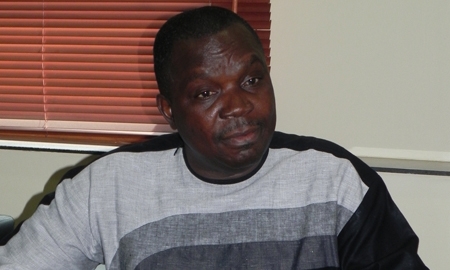Local Nigerian oil companies are becoming progressively more involved in the lucrative upstream sector within the petroleum industry thanks in part to the government’s new indigenisation legislation as well as mutually beneficial partnerships with international oil companies (IOCs).
The upstream industry, also known as the exploration and production (E&P) sector, is an essential pillar of the oil industry involving the recovery and production of crude oil and natural gas.
Oando Plc is Nigeria’s leading indigenous energy group. Listed on both the Nigerian and Johannesburg stock exchanges, its upstream subsidiary Oando Energy Resources recently listed on the Toronto Stock Exchange to enable investors to target the E&P sector in particular. The company also uses local contractors as much as possible.
“We have a number of ongoing projects, and more than 80 per cent of our contracts were awarded to Nigerian companies,” explains Pade Durotoye, CEO of Oando Energy Resources, noting that in using indigenous enterprises one of the biggest challenges is easy access to funds from banks.
The climate for indigenous companies is better than it has ever been. Austin Avuru,
Managing Director of Seplat |
In response to this, many local companies have teamed up with IOCs to have long-term capital available to them, thereby allowing the foreign companies to comply with the recent legislation requiring more participation of local companies in the petroleum industry.
In fact, the Nigerian upstream company Seplat, formed in 2009, coordinates with the French oil company Maurel & Prom.
“It was much easier for the fused entity to raise funds and put together a technical team,” says Austin Avuru, Managing Director of Seplat, who adds that currently the business environment is particularly favourable to local companies: “The climate for indigenous companies is better than it has ever been.”
Mr Avuru goes on to name six potential enterprises as the local frontrunners in the upstream sector: Seplat, Oando Energy Resources, First Hydrocarbon, Conoil, Niger Delta Petroleum and Necondo. He also forecasts that oil production from indigenous upstream companies may reach 250,000 barrels per day (bpd) by 2015, a substantial increase from 100,000 bpd in 2005.
In fact, Oando alone reached 5,000 bpd in 2011. Furthermore, Mr Durotoye explains that much of the company’s financial strength and technical know-how is through its upstream operations. This exploration and production is precisely what has allowed Oando to take advantage of marginal field operations such as the recent acquisition of 40 per cent of the Qua Iboe Field.
Developing local companies like Oando have been able to obtain better access to the upstream industry after the government passed the National Content Act in 2010. However, even before this legislation was passed, Oando had three marginal fields.
Additionally, according to Mr Durotoye, there is a significant amount of progress that can be expected in the coming years. There are 429 proven underdeveloped fields, 399 of which do not have known development plans. Although IOCs still largely dominate the offshore industry, independent companies’ presence has grown in recent years.
These vast opportunities for indigenous companies in an increasingly competitive sector is expected to attract significant foreign investments in the West African nation.
“There are many people who make a lot of money for their investors and shareholders in Nigeria,” says Mr Durotoye. “The more we speak about these success stories of investors who have done well in the upstream, the more investors will come.”

0 COMMENTS